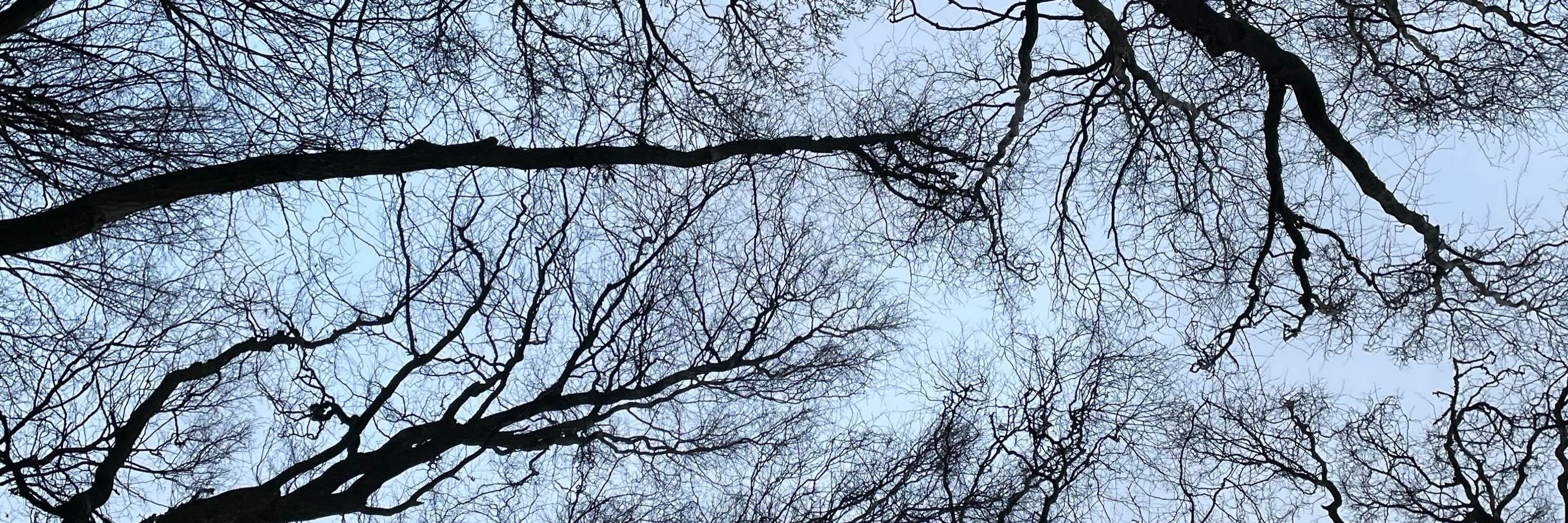Jacqui Marshall PhD CSci 🧪🧫🧬🧑🔬🧑💻📊🌳🏞️🧗🥎🇪🇺
@jjmarshall.bsky.social
1.6K followers
3.8K following
130 posts
Research Programme Manager for Cancer Research UK. Building diverse and impactful discovery science communities.
Biochemist of 20y. Big fan of trees and wild spaces. Serial hobbyist: Theatre Tech / Climber / Caver / Softballer. ProEU. Opinions mine.
Posts
Media
Videos
Starter Packs
Reposted by Jacqui Marshall PhD CSci 🧪🧫🧬🧑🔬🧑💻📊🌳🏞️🧗🥎🇪🇺
Reposted by Jacqui Marshall PhD CSci 🧪🧫🧬🧑🔬🧑💻📊🌳🏞️🧗🥎🇪🇺















